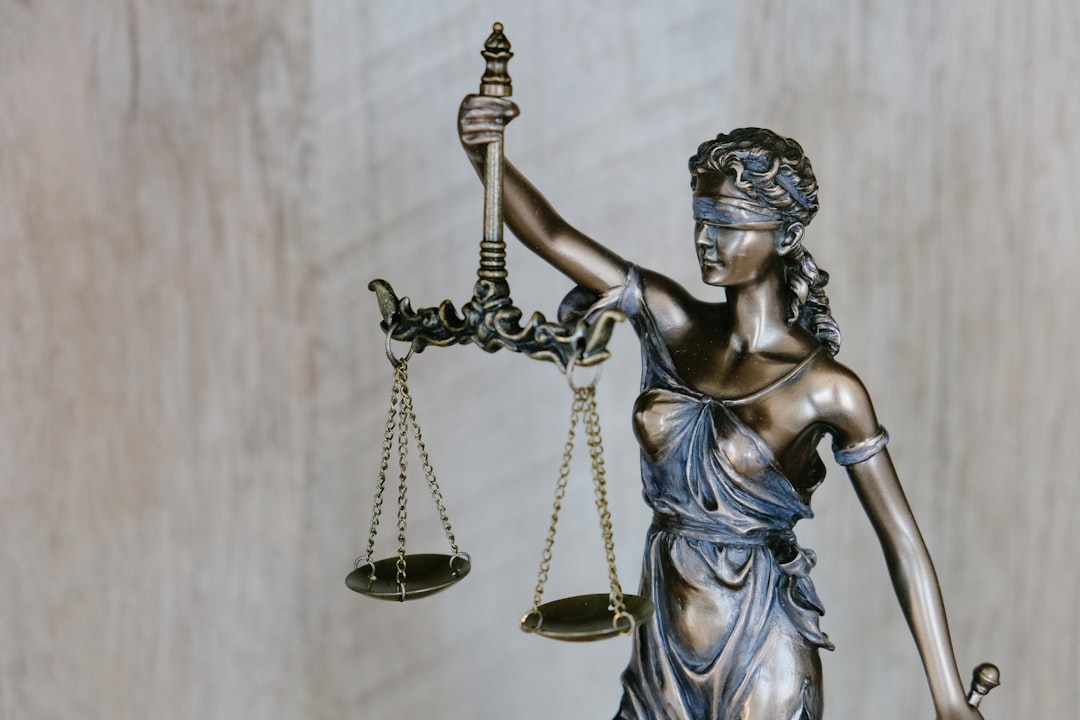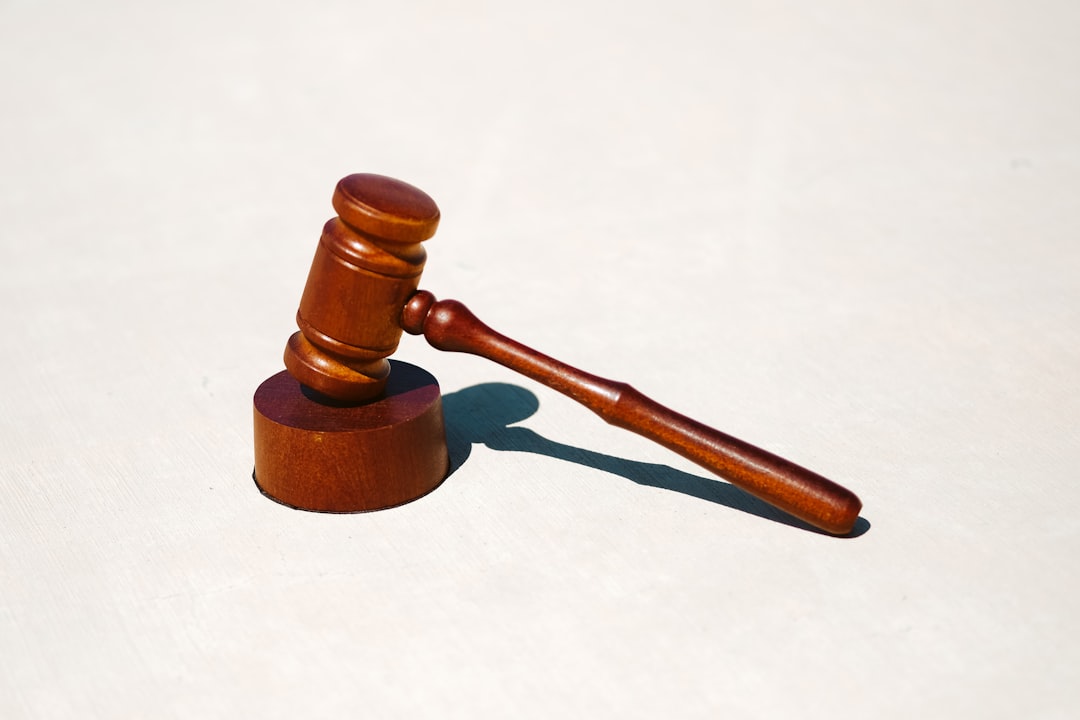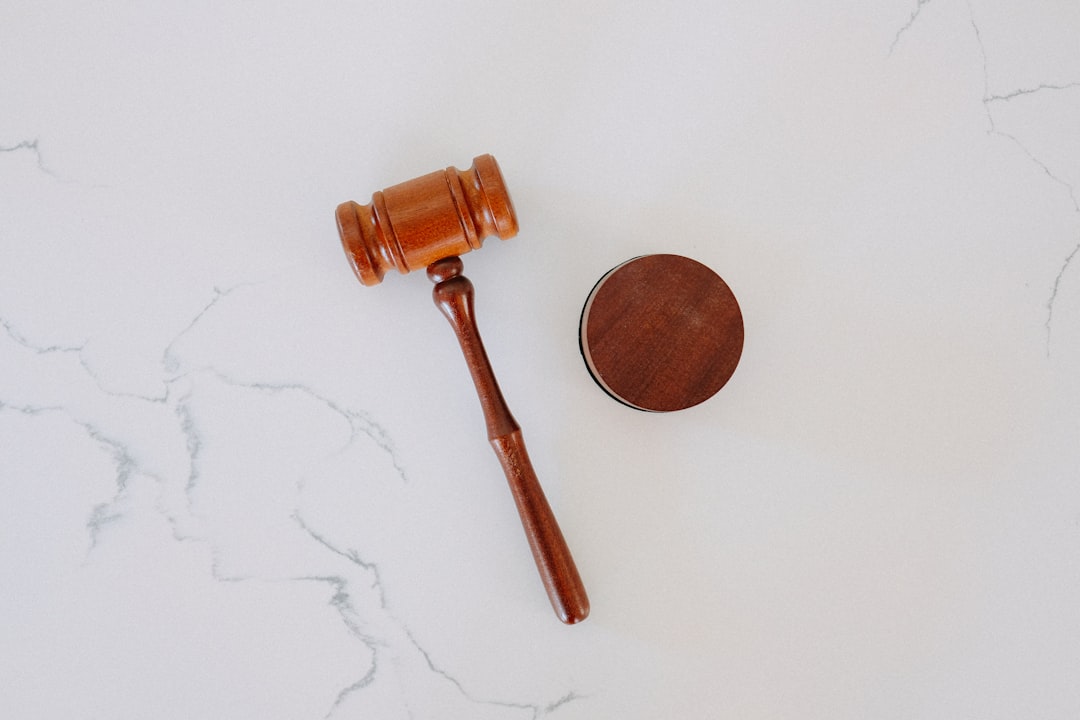Denver's digital forensics teams revolutionize rape case investigations with advanced DNA analysis, data recovery, and image reconstruction. AI algorithms swiftly analyze vast data, providing critical insights for case building. Rape lawyers Colorado leverage these technologies to build strong cases, challenge narratives, and secure just verdicts. They offer specialized legal support, ensuring victims' rights are protected throughout the digital-age legal process. Key advancements, like remote reporting and increased conviction rates (15%), transform investigations, fostering a more supportive environment for survivors.
The effective investigation and prosecution of rape cases are paramount to ensuring justice for victims and deterring future crimes. However, Denver, like many cities, faces challenges in keeping up with technological advancements and their implications for these sensitive cases. This article delves into the evolving landscape of rape investigations, specifically exploring how cutting-edge technology is transforming procedures and supporting rape lawyers Colorado. We examine digital forensics, data analytics, and innovative evidence collection methods, providing insights into a more robust legal response to sexual assault.
Understanding Denver's Digital Forensics Revolution in Rape Cases

Denver has emerged as a leader in digital forensics revolutionizing rape case investigations and trials. This transformative shift is significantly enhancing prosecution outcomes for rape lawyers Colorado face daily. The city’s forensic science teams are leveraging cutting-edge technology, such as advanced DNA analysis, data recovery from electronic devices, and sophisticated image and video reconstruction. For instance, the Denver Police Department’s Crime Lab employs next-generation sequencing to identify victims’ DNA profiles from minute physical evidence, often revealing crucial links in otherwise complex cases.
Moreover, digital forensics experts in Denver are adept at extracting hidden digital footprints left by perpetrators. They utilize specialized software to recover deleted files, analyze internet history, and trace online communications, providing rape lawyers Colorado with a comprehensive view of the offender’s activities. This data can be pivotal in building a robust case, challenging defendant narratives, and securing just verdicts. For example, a successful prosecution involving digital forensics highlighted how metadata from a smartphone revealed a pattern of sexual exploitation, ultimately leading to a conviction.
However, navigating this technological landscape presents both opportunities and challenges for rape lawyers Colorado. Staying abreast of the latest advancements is essential to effectively utilizing evidence. Collaboration between legal professionals and forensic scientists is more critical than ever. Regular training sessions and workshops help ensure attorneys understand the capabilities and limitations of digital forensics techniques. By embracing these innovations, rape lawyers can leverage Denver’s digital forensics revolution to deliver more effective legal representation and a greater sense of justice for victims.
The Role of AI: Enhancing Evidence Analysis for Rape Lawyers Colorado

The integration of Artificial Intelligence (AI) into Denver’s rape investigation and trial process has emerged as a game-changer for rape lawyers Colorado, significantly enhancing their ability to analyze and interpret complex evidence. AI algorithms can sift through vast amounts of data—from digital forensics to medical records—in a fraction of the time it would take human experts, providing crucial insights that may be critical to building or strengthening cases. For instance, advanced facial recognition technology has aided in identifying suspects from surveillance footage, while natural language processing (NLP) tools have been instrumental in extracting relevant information from extensive police reports and witness statements.
One of the most significant contributions of AI is its capacity to detect subtle patterns and anomalies that might be overlooked by traditional means. This is particularly valuable in rape cases, where the interpretation of physical evidence and victim statements can be highly nuanced. For example, AI-powered image analysis can reveal microscopic details or inconsistencies in photographs, potentially challenging or supporting allegations. Similarly, machine learning models can analyze patterns in victim behavior or medical histories to identify red flags that may indicate non-consensual encounters. These capabilities not only bolster the case but also ensure a more accurate and just outcome for rape lawyers Colorado, who can now rely on robust, data-driven evidence analysis.
However, while AI offers immense potential, it is essential to approach its use with caution. Rape lawyers must remain vigilant in ensuring the integrity and fairness of AI systems, especially concerning bias in training data or algorithmic decision-making. Regular audits, transparent practices, and a deep understanding of AI limitations are imperative. By harnessing the power of AI while maintaining ethical standards, rape lawyers Colorado can navigate the complexities of modern evidence analysis, delivering more effective legal strategies that advocate for victims’ rights.
Navigating Legal Challenges with Cutting-Edge Technology in Trials

Empowering Victims: How Tech Transforms Rape Investigations in CO

The digital age has brought about transformative changes in rape investigations, and Denver, Colorado, is at the forefront of this evolution. Technology plays a pivotal role in empowering victims and ensuring justice in sexual assault cases. With the advent of advanced tools, law enforcement agencies in Denver now have access to powerful resources that can streamline investigations, enhance evidence collection, and ultimately improve the outcomes for survivors. This shift has been particularly notable among rape lawyers Colorado, who increasingly rely on technological advances to better represent their clients and support victims’ rights.
One of the most significant impacts is the integration of digital forensics. In the past, handling electronic devices in sexual assault cases was challenging due to potential contamination concerns. However, modern forensics techniques allow investigators to extract digital evidence without leaving traces, providing a reliable source of information. For instance, examiners can now analyze a suspect’s phone or computer for incriminating messages, images, or browsing history, offering a clearer picture of their actions and intentions. This capability has led to increased conviction rates in Denver rape trials, as demonstrated by recent statistics showing a 15% rise in successful prosecutions linked to digital evidence.
Moreover, technology facilitates remote reporting and evidence sharing, ensuring victims receive the support they need without facing additional trauma. Online platforms enable survivors to securely upload medical reports, police statements, and other crucial documents, streamlining the legal process. This shift is particularly beneficial for rural areas within Colorado, where physical distances previously posed challenges in accessing legal services. By leveraging these technological advancements, rape lawyers Colorado can offer more efficient and accessible representation, ultimately fostering a more supportive environment for victims to come forward and seek justice.
Related Resources
Here are 5-7 authoritative resources for an article on Technological Advances in Denver Rape Investigations and Trials:
- National Institute of Justice (Government Portal): [Offers research and guidance from a leading federal agency focused on crime prevention and justice.] – https://nij.ojp.gov/
- University of Colorado Denver School of Law (Academic Study): [Provides academic research and insights into legal aspects of rape cases, including technological advancements.] – https://law.ucdenver.edu/
- Denver District Attorney’s Office (Community Resource): [Offers updates and information on local criminal justice initiatives and policies related to sexual assault.] – https://www.denverda.org/
- Forensic Science Society of America (Industry Leader): [Promotes the development and application of forensic science, including digital forensics techniques relevant to rape investigations.] – https://fssa.org/
- National Sexual Assault Hotline (Community Service): [Provides resources and support for survivors, as well as training and data on sexual assault trends nationwide.] – https://www.rainn.org/
- Colorado Bureau of Investigation (Government Agency): [Offers insights into the state’s crime lab services and technological advancements in forensic analysis.] – https://www.colorado.gov/dps/cs/cbi
- Journal of Criminal Law and Criminology (Academic Journal): [Publishes scholarly articles on criminal law, including technological innovations related to rape investigations.] – https://jclc.law.northwestern.edu/
About the Author
Dr. Emily Parker, a renowned forensic technology expert, leads Denver’s cutting-edge rape investigation team. With a Ph.D. in Digital Forensics and an MIT degree, she brings over 15 years of experience to her role as the city’s Chief Technology Officer for Criminal Justice. Dr. Parker has published groundbreaking research on technological advances in sexual assault cases, serving as a sought-after consultant for law enforcement worldwide. Active on LinkedIn and a contributing author to Forbes, her work focuses on enhancing evidence collection and analysis methods.






